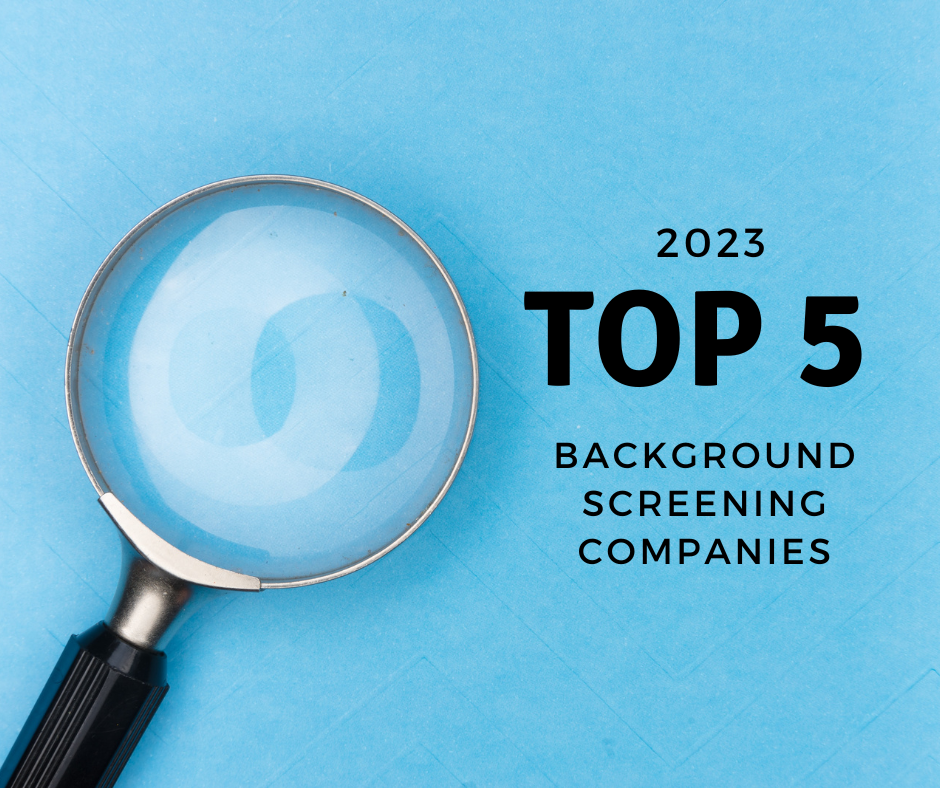In today’s competitive job market, employers utilize various tools to assess potential hires, and one of these tools is the credit check. While not universally applicable to all positions, understanding when and why credit checks might be necessary can help employers make informed hiring decisions. This blog delves into the nuances of using credit checks in the hiring process, how to interpret credit reports, and the implications these checks have for both employers and applicants.
When and Why Credit Checks Might Be Necessary
Credit checks are most commonly used for positions that involve financial responsibilities. For roles in finance, accounting, or any job where handling money, sensitive financial information, or valuable assets is a key responsibility, a candidate's credit history can be a relevant indicator of their reliability and financial integrity. For instance, a candidate applying for a position as a bank manager, or a financial analyst might be subjected to a credit check to ensure they have a history of managing their finances prudently.
Additionally, credit checks can be important for roles in senior management or executive positions where fiduciary duties and significant decision-making responsibilities are involved. Employers want to ensure that those in charge of making critical business decisions have a stable financial background and are less likely to be vulnerable to financial pressures that could lead to unethical behavior.
How to Interpret Credit Reports
Interpreting a credit report involves examining several key components:
Credit Score:
This is a numerical representation of a candidate’s creditworthiness. While a high score can be indicative of good financial habits, it’s essential to look beyond the number and understand the context behind it.
Payment History:
This section shows the candidate’s record of paying bills on time. Consistent late payments may signal potential financial irresponsibility, which could be a red flag for positions that require handling company funds.
Debt-to-Income Ratio:
This metric compares the candidate’s total debt to their income. A high debt-to-income ratio might indicate financial overextension, which could be problematic in a role requiring sound financial judgment.
Public Records and Collections:
Any bankruptcies, tax liens, or accounts in collections listed on a credit report can be significant red flags, suggesting potential financial instability.
Credit Inquiries:
Multiple recent credit inquiries can be a sign of financial distress, as it may indicate that the candidate is actively seeking new credit lines.
Implications for Hiring
Employers must be cautious about how they use credit information in the hiring process. Firstly, it’s crucial to comply with legal regulations, such as the Fair Credit Reporting Act (FCRA) in the United States, which mandates that employers must obtain written consent from candidates before conducting a credit check. Additionally, if an adverse hiring decision is made based on the credit report, the candidate must be provided with a copy of the report and a summary of their rights.
Furthermore, it’s essential to use credit checks judiciously and not as the sole deciding factor in the hiring process. A holistic approach, considering the candidate’s qualifications, experience, and references alongside the credit report, provides a more balanced view. Employers should also be aware of potential biases and ensure that credit checks do not disproportionately disadvantage certain groups of candidates, which could lead to discriminatory practices.
Conclusion
While credit checks can be a valuable tool for assessing the suitability of candidates for certain roles, they should be used thoughtfully and in compliance with legal standards. By understanding when to use credit checks and how to interpret the information they provide, employers can make more informed and fair hiring decisions, ultimately leading to a more trustworthy and reliable workforce.



